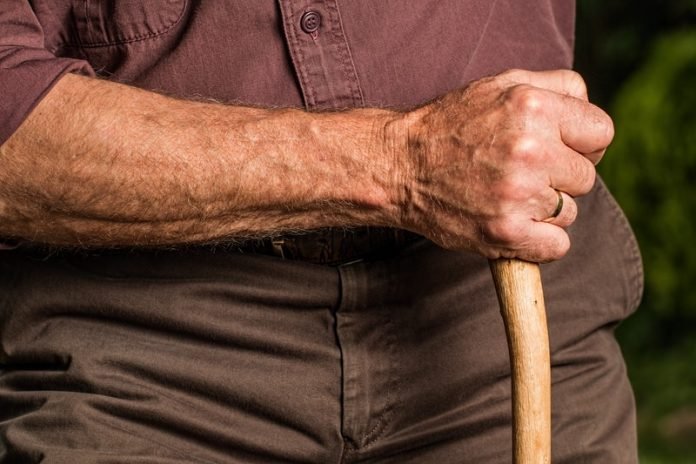
In a recent study from Cardiff University and elsewhere, researchers found frailty is as important as either age or underlying health issues in determining whether someone may die from COVID-19.
The analysis of 1,564 hospital patients at 10 sites in the UK and one in Italy by specialists in geriatric care suggests increasing frailty is linked to a higher risk of death and longer time spent in the hospital.
The study is the first to explore the impact of frailty on death risk in the current pandemic.
The researchers said their findings showed frailty assessment was crucial to inform clinical decisions in COVID-19 treatment and urged its use as a key indicator to assess a patient’s risk of dying.
The study is published in The Lancet Public Health. One author is Dr. Jonathan Hewitt.
Frailty is a clinical condition signified by a loss of reserves, energy, and wellbeing that leaves people vulnerable to sudden changes in health and at risk of hospital admission, the need for long-term care, or death.
About 40% of the UK population is classed as frail.
NICE guidelines already recommend using frailty to assess COVID-19 patients but researchers don’t know how much this is being used in practice.
This study shows it is vital to frontline care; every COVID-19 patient should be assessed for frailty because being frail affects the chance of recovery from this disease.
The aim of the COPE (COVID-19 in Older People) study was to establish the prevalence of frailty in COVID-19 patients—and investigate its influence on mortality and length of hospital stay.
The researchers found that patients who were considered to be severely frail were 2.4 times more likely to die from COVID-19 than those who weren’t assessed as frail, after accounting for age, other health problems, and the severity of illness when patients were admitted to the hospital.
The findings showed the value of frailty in assessing the risk of death from COVID-19 and believe that it could provide helpful insight into if and when people may have to shield again in the future.
The team says frailty should form part of the routine assessment in determining whether someone may die from COVID-19 to inform future responses to COVID-19 as we move through the pandemic.
Copyright © 2020 Knowridge Science Report. All rights reserved.



